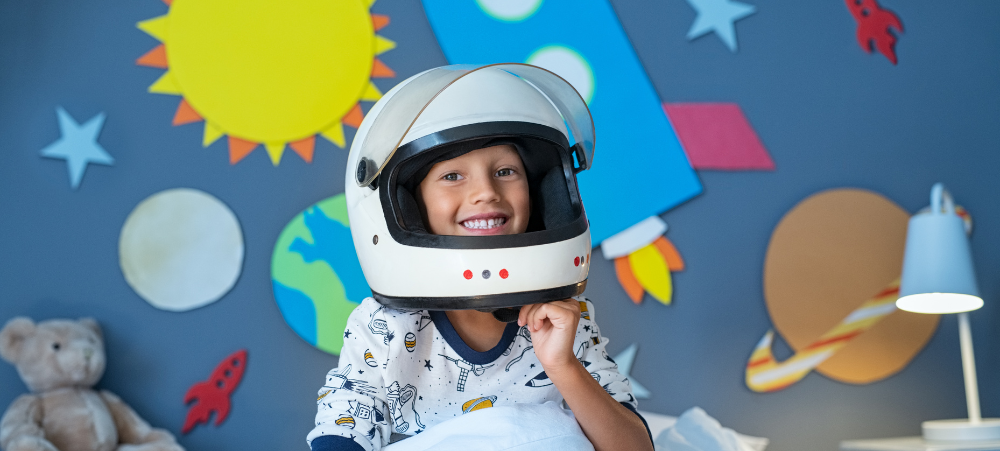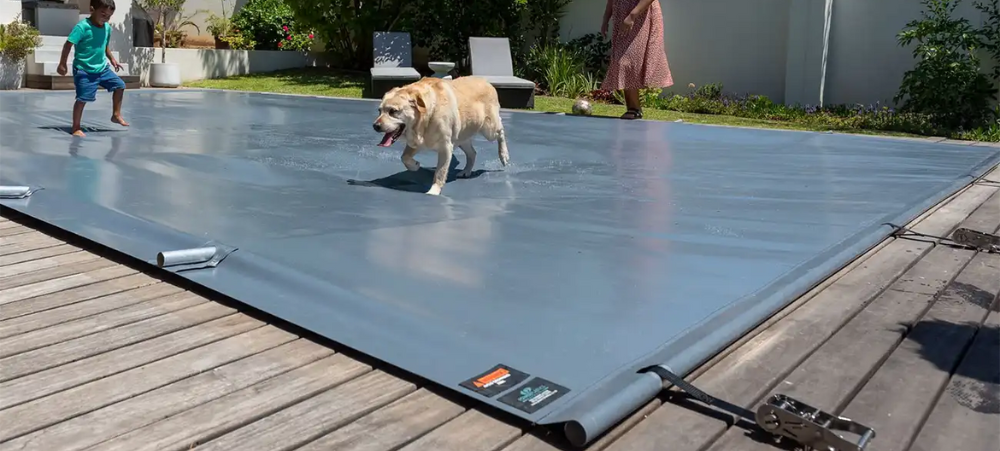Play is not just about having fun; it plays a vital role in your child’s physical, emotional, social, and cognitive growth. Whether it’s building towers with blocks, playing pretend games, or running around outdoors, every form of play offers opportunities for children to develop essential skills. Let’s explore how playtime helps boost your child’s development and sets the foundation for lifelong learning.
1. Cognitive Development: Learning Through Play
Play helps children explore their environment, solve problems, and enhance their creativity. Games that involve puzzles, memory challenges, or building structures allow kids to develop their reasoning and critical thinking. Even imaginative play, such as pretending to be a doctor or a chef, strengthens abstract thinking and fosters creativity.
Key Benefits:
- Improves problem-solving skills
- Encourages curiosity and experimentation
- Boosts memory and concentration
2. Social and Emotional Growth: Learning to Connect with Others
Interactive play teaches children important social skills, such as sharing, cooperation, and conflict resolution. Playdates and group activities give kids the chance to practice empathy by understanding others’ feelings. They also learn how to manage their emotions, which helps them handle frustration and disappointment in healthy ways.
Key Benefits:
- Develops teamwork and communication
- Teaches empathy and patience
- Builds resilience through emotional regulation
3. Physical Development: Growing Strong and Healthy
Active play, such as running, jumping, or climbing, supports children’s motor skills, strength, and coordination. Physical activities also promote healthy habits, laying the groundwork for an active lifestyle. Fine motor skills are enhanced through activities like drawing, painting, or playing with small objects.
Key Benefits:
- Improves balance and coordination
- Builds fine and gross motor skills
- Supports overall physical fitness
4. Language and Communication Skills: Expressing Thoughts and Ideas
Playtime encourages children to use and expand their language. Whether they are telling stories during pretend play or giving instructions in a game, they practice speaking, listening, and understanding new words. This playful interaction nurtures their vocabulary and helps them express thoughts clearly.
Key Benefits:
- Expands vocabulary
- Encourages storytelling and dialogue
- Builds listening and comprehension skills
5. Mental Health and Well-Being: Reducing Stress through Play
Play provides an outlet for children to release pent-up energy and emotions. It also promotes a sense of joy and relaxation, reducing stress levels and enhancing their mental well-being. Free play allows children to explore at their own pace, helping them feel more in control of their environment.
Key Benefits:
- Boosts mood and emotional health
- Helps manage stress and anxiety
- Fosters a sense of independence
6. Parent-Child Bonding: Strengthening Relationships through Play
Playing with your child strengthens your relationship and builds trust. Activities such as board games, crafts, or outdoor adventures provide meaningful moments to connect and create cherished memories. Engaging in play together also allows parents to better understand their child’s interests, emotions, and strengths.
Key Benefits:
- Deepens parent-child connection
- Enhances trust and communication
- Creates lasting family memories
Conclusion: Prioritise Play for Well-Rounded Development
In today’s busy world, it’s easy to overlook the importance of play. However, playtime is essential for fostering well-rounded development, helping children grow physically, socially, emotionally, and cognitively. Encouraging both structured and free play provides children with the tools they need to thrive in school, relationships, and life.
So, whether it’s building sandcastles, playing dress-up, or exploring the outdoors, make time for play—it’s one of the best investments you can make in your child’s future.
We understand that there are many aspects that encompass a Mother, Father or Child and strive toward providing resources and services that accommodates this.
Our content is aimed to inform and educate families on issues starting from pregnancy through to the challenges of the teen-age years.
- Say Hello to the Ultimate Holiday Brunch Bite - December 17, 2025
- Tiny Toons Looniversity Returns: Meet the Voice Behind Plucky and Hamton! - December 12, 2025
- From Pain to Possibility: Panado®’s New Marketing Campaign, Highlights The Joy Of Pain Relief - December 10, 2025






3 thoughts on “The Importance of Play: How Playtime Boosts Your Child’s Development”
good day
this helps me alot as a mom of a toddler , you learnt something new from them everyday
Definitely agree with the article less screen time and more playtime.
This is very helpful as a Mom of 2 toddlers and 7 months baby. I always encourage them to play with 7 months one even is 1 hour or 2 hours, switch off the screens. One thing playing refreshes the mind,body and spirit I love challenge them with building blocks or puzzles.